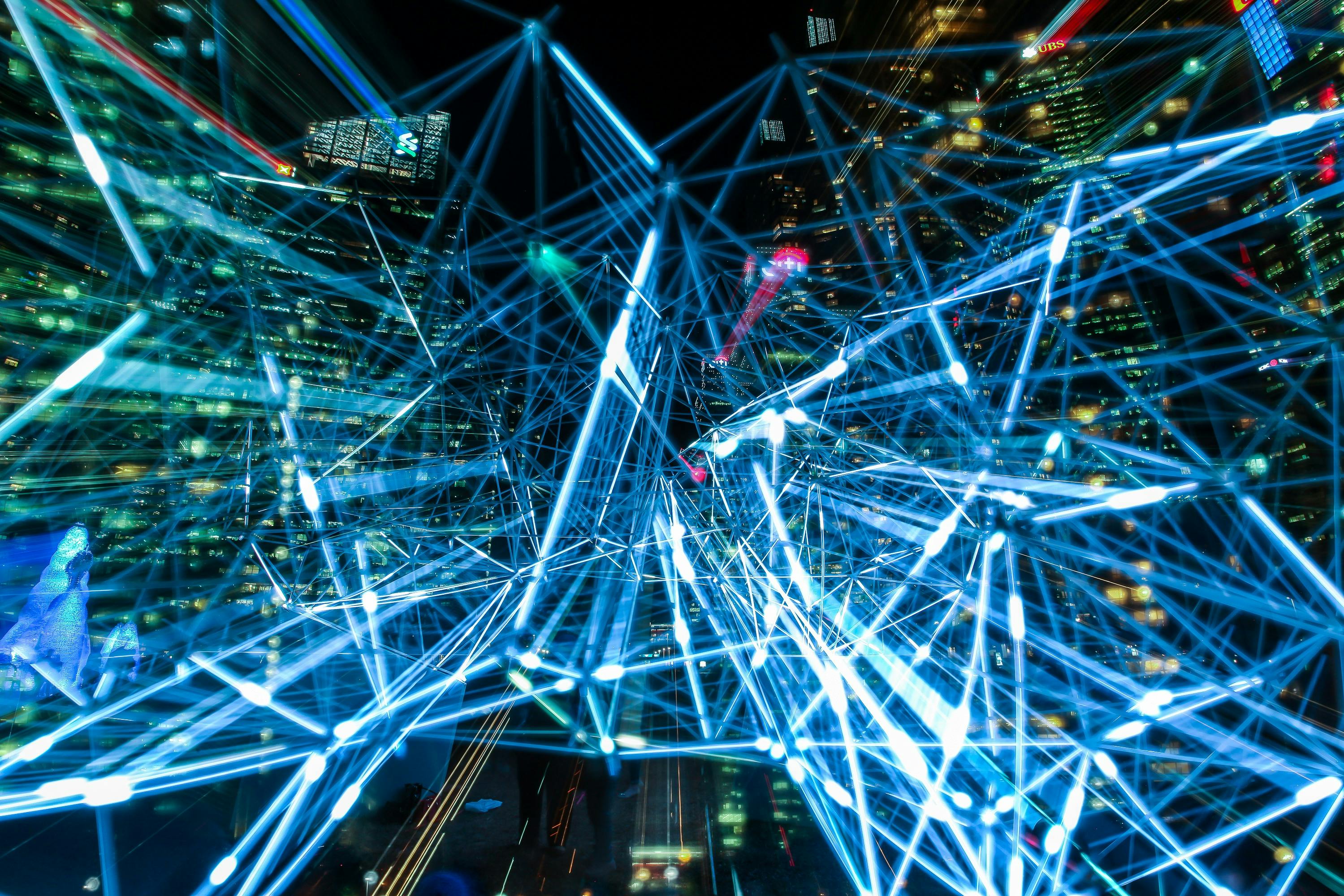Artificial Intelligence
Artificial Intelligence

Understanding Artificial Intelligence (AI)
Artificial Intelligence (AI) refers to the ability of machines to perform tasks that typically require human intelligence. At its core, AI combines computer science and robust datasets to enable problem-solving. AI can be defined as the simulation of human intelligence processes by machines, particularly computer systems. It involves the creation of intelligent agents that can perceive their environment, reason about it, and take appropriate actions to achieve specific goals.
There are various types of AI, including reactive machines, limited memory, theory of mind, and self-aware AI. Reactive machines are the most basic form of AI and can only react to current situations. Limited memory AI can store past experiences and use them to make decisions, while theory of mind AI can understand emotions and intentions of other entities. Self-aware AI is the most advanced form of AI, where machines can understand their own existence and consciousness.
AI has numerous applications across various industries, including healthcare, finance, transportation, and entertainment. In healthcare, AI is used for drug discovery, medical imaging, and personalized treatment plans. In finance, AI is used for fraud detection, algorithmic trading, and risk management. In transportation, AI is used for autonomous vehicles and traffic management systems. In entertainment, AI is used for video game development and virtual assistants. These applications demonstrate the vast potential of AI and its ability to transform various industries and improve efficiency and productivity.
Advantages and Disadvantages of AI
Artificial Intelligence (AI) has numerous advantages that have the potential to revolutionize various industries and improve our daily lives. Some of the key advantages of AI include: - Reduction in human error - Ability to take risks instead of humans - Availability 24x7 - Assistance in repetitive jobs - Digital assistance - Faster decision-making. AI can perform tasks that would otherwise be impossible for humans to execute, leading to increased productivity and efficiency in various fields. For example, AI can assist in medical diagnoses, financial analysis, and even space exploration. The ability of AI to learn and adapt to new situations can also lead to improved accuracy and precision in tasks.
However, the implementation of AI also has its disadvantages. Some of the key disadvantages of AI include: - Costly implementation - Lack of emotion and creativity - Degradation over time - No improvement with experience - Reduced job opportunities for humans The cost of implementing AI can be high, especially for small businesses and developing countries. Additionally, AI lacks the emotional intelligence and creativity that humans possess, which can limit its ability to perform certain tasks. Moreover, AI can degrade over time and may not improve with experience, which can lead to costly repairs and replacements. Finally, the increasing use of AI can lead to reduced job opportunities for humans, which can have significant economic and social implications.
In addition to the potential risks and ethical concerns surrounding AI, there are also concerns about the impact of AI on society as a whole. Some of the key ethical concerns surrounding AI include: - Inconclusive evidence - Inscrutable evidence - Misguided evidence - Unfair outcomes - Transformative effects - Traceability One of the most significant ethical issues surrounding AI is the potential for bias and discrimination. If AI is trained with biased or incomplete data, it can amplify discrimination against certain groups, like women or minorities. Additionally, the transformative effects of AI on society can lead to significant changes in the way we live and work, which can have both positive and negative consequences. As such, it is essential to consider the potential risks and ethical concerns surrounding AI as we continue to develop and implement this technology.
Future of AI
The growth and development of artificial intelligence (AI) have been exponential in recent years. AI has become increasingly important in today's world as it has the potential to revolutionize many industries, including healthcare, finance, education, and more. The global AI market size is expected to hit around USD 2575.16 billion by 2032, and it is projected to grow at a compound annual rate of 33.2% from 2021 to 2032. AI systems have already shown impressive capabilities in language and image recognition, outperforming humans in some tests. As AI technology continues to advance, we can expect to see even more impressive developments in the future.
The impact of AI on industries and society is already being felt, and it will only continue to grow in the coming years. AI has the potential to dramatically improve the efficiencies of our workplaces and augment the work humans can do. For example, AI can take over repetitive or dangerous tasks, freeing up humans to focus on more creative and complex work. AI is also transforming the healthcare industry, allowing for earlier detection and diagnosis of some of our leading causes of disease. The financial industry is also benefiting from AI, with the ability to analyze vast amounts of data and make predictions about market trends. However, the rise of AI also raises concerns about job displacement and the ethical implications of AI decision-making.
Predictions for the future of AI are both exciting and daunting. By 2030, it is estimated that AI could contribute up to $15.7 trillion to the global economy, more than the current output of China and India combined. We can expect to see even more advanced AI systems that can generate increasingly better images and text. The use of AI in virtual and augmented reality is also predicted to increase, leading to more immersive and interactive experiences. However, as AI technology continues to advance, it is important to consider the potential consequences and ensure that ethical and responsible practices are in place. Overall, the future of AI is full of potential, but it is up to us to ensure that it is used for the greater good of society.
Comments
Post a Comment